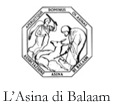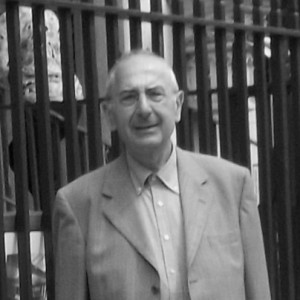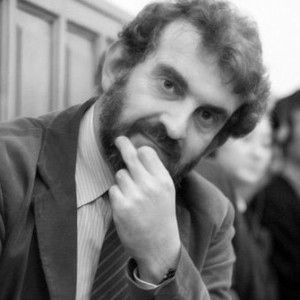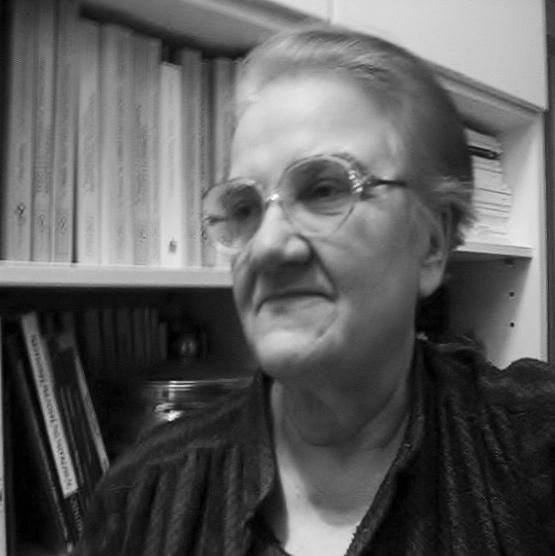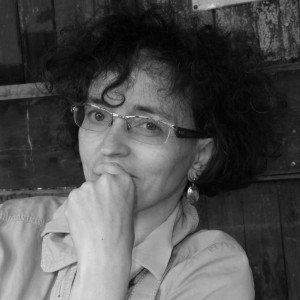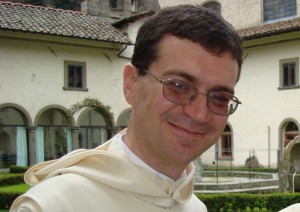Humanism is a polysemic category, being at once historical, cultural and axiological. Historical, in that it indicates a precise period of intellectual history: that of Italian Humanism and its immediate heirs. Cultural, in that it is valid as a generative category of an entire civilization, hence from its ethnic origin – which took place within the geographical borders of Europe – but with universal claims, as the various universal declarations of human rights have effectively testified for some centuries now. Finally, axiological, inasmuch as it indicates a horizon of meaning and a constellation of values whose foundation rests on a conception of humanity as a task – and not as a simple fact – and in a recognition of this humanity as an essential and constituent trait of every human being, quite apart from the age and civilization that produced humanism. It is no coincidence that the category of humanism emerges recurrently in every age of crisis, as an ideal horizon of reference and redemption of the destinies of humanity: not therefore as the revival of a precise historical paradigm, but as a regulatory ideal and valorial frame of reference. Every historical emergency of the category has in fact always brought with it a dimension of civil commitment and social and human promotion.
All this makes it complicated, fascinating and urgent to question the category of humanism and its relevance today. Above all because, for a century now, it has returned to the center of the intellectual scene, often accompanied by adjectives (integral, social, existential, atheist, Marxist, socialist…) or preceded by prefixes (anti-, post-, trans- …) that have sometimes questioned its validity or relevance.
While from a purely historical viewpoint, humanism is obviously no longer relevant – a long time has passed and there has been a lot of water under the bridge since the days of Italian Humanism – yet from a cultural and an axiological point of view, the category seems to maintain its validity, though it is sometimes impertinent. It certainly retains its fascination: attractive to some, repulsive to others.
So is the category of humanism still pertinent in the cultural sense, as a synthetic and generative category of a particular civilization, and in an axiological sense, as an ideal regulator and a valorial frame of reference? Is there anything that can be called a contemporary humanism? What are their historical forms and their variations? Are they merely intellectual forms, or rather practices and institutions that bear a humanistic matrix in their DNA, and which, precisely for this reason, foster and condition our ability to understand what humanism is? Can we do without this category? Can we interpret it in such a way that it does not amount to a mere intellectual exercise, but is a service to the time we live in and to the women and men of today and tomorrow?
Many challenges await us. Among them all, naturally, the one arising from the power that humanity wields today: the power to transform the world and humanity itself. This power, cognitive, technical and practical, does not contain within itself instruments and criteria to regulate it. Rather it is seen as an end in itself and used for its own sake. With respect to this power, so axiologically indifferent, we need a horizon of meaning and value. Can the category of humanism still offer a direction and a guide, as happened – many decades ago now – after the catastrophe of global warfare?
***
These are the questions underlying the contributions collected here. They reflect the proceedings of a PhD seminar held at the Università LUMSA (Rome) in May 2018 dealing with contemporary humanism and especially centered on the binomial frailty/strength (of the idea of humanism today). The antithesis or hendiadys between the two terms in its title was followed by a question mark, of which the many questions expressed above are the echo and diffraction. At the same time, a significant choice in the dispositio of the two terms – frailty vs. strength – perhaps contained the hint of an answer. As if from its completely open-ended title, the seminar’s work ascended from the perception of a crisis to the hope of a favorable time.
The seminar we are speaking of, part of whose proceedings are contained in this volume, brought together many different positions and engaged them in discussion, though within a horizon of shared values. Diversity of geographical origins, representing four Universities and three continents in the two hemispheres of the world. Diversity of generations: with older and younger listening to each other. A diversity of disciplines: what other category cuts across the humanities and social sciences to the same extent as humanism? Hence it is hardly surprising that the contributions collected here are not only multi-lingual but also reflect an extensive array of themes and methods; or that the very breadth of the arguments opens and closes, ranging from panoramic or theoretical perspectives to strictly monographic or applicative insights, from historical reconstructions to interpretations of the present: as if the motto “provando e riprovando” (“proof and counter proof”), which Carlo Ossola invoked at the conclusion of our work, described in its entirety and sealed the experience of humanism now under way, and which the seminar, despite its limitations, represented.
In Cardinal Ravasi’s introduction, the reader will find an overview of the challenges to contemporary anthropology, which from the start raised the stakes for the subsequent debate. There follow some historical, social-historical, theological and pedagogical reflections that explore the contribution of the Church’s magisterium or of Christian-inspired thought to the world’s still open questions and wounds: human rights (Claudio Rolle), the liberation of the poor (Rodrigo Polanco), the educational emergency (François Moog), global citizenship (Federica Caccioppolla), ecology (Jeyver Rodríguez). Humanism, one is then prompted to comment, will either be embodied in history, “embarqué”, or it will not. But one set of philosophical essays calls into question its fundamentals, revisiting the history of the histories of humanism (Giuseppe Tognon), the great twentieth-century debates (Jérôme de Gramont), the strands of humanism through the pattern of human deconstruction (Domenico Cambria), the reversal of the combination of frailty/strength as in Simone Weil (Francesca Simeoni), the great dialogues conducted at a distance, like that between Nussbaum and Ricœur (Kamila Drapało). And onto these debates are projected the lights of the possible that come from other fields: art and literature (Beatrice Venanzi) and mysticism (Alessandro Vetuli), all united by the primacy of that symbolic dimension that could lie at the center of a new paradigm and give a new lease of life to the frail contemporary idea of humanism (Stefano Biancu).
Frailty or opportunity? Decline or a favorable occasion? In seeking an answer, we would do well to preserve all the pregnancy of that motto taken from the theological poetry of Dante before being taken over by modern science: “provando e riprovando” (“proof and counter proof”), not just by continuing to search, but also by exercising our right to judge and our power of discernment.
Stefano Biancu & Benedetta Papasogli


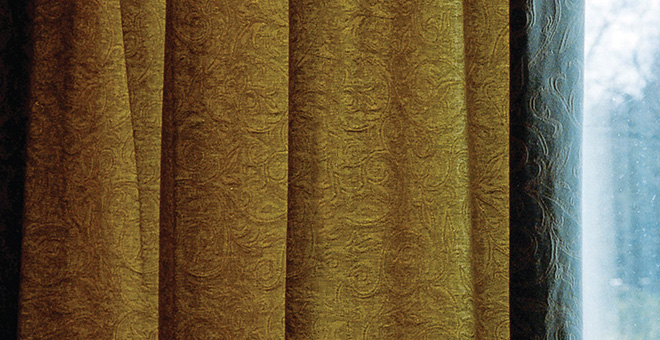
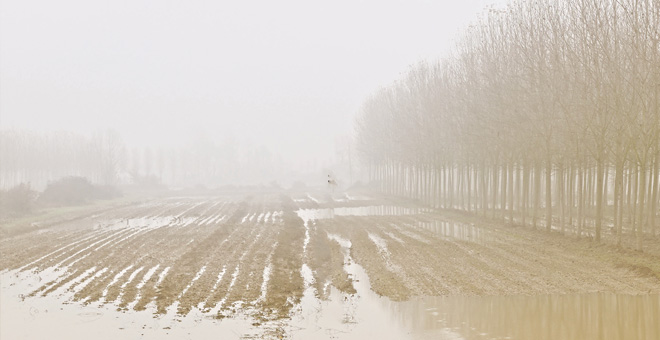
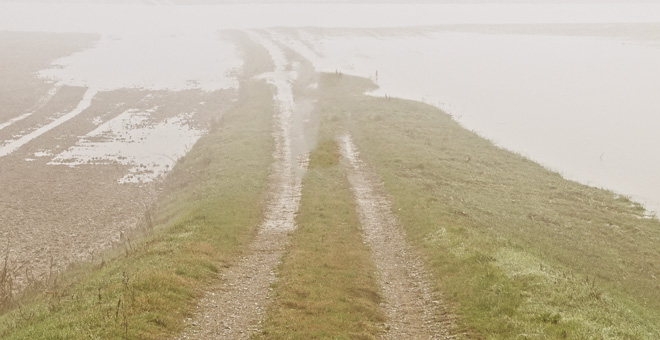
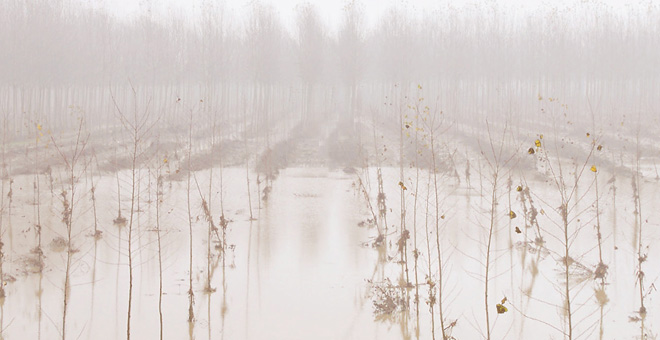
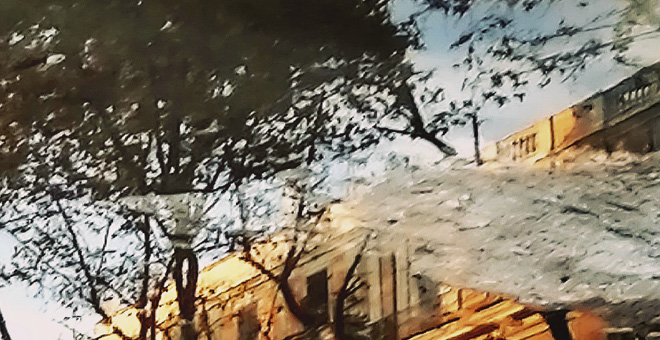
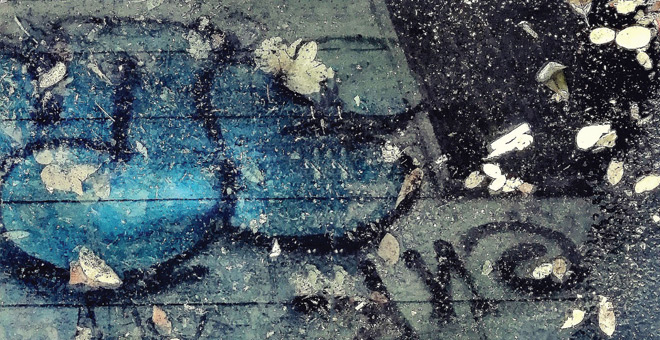

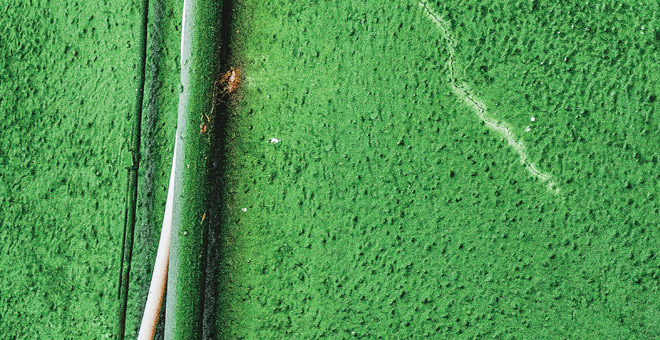
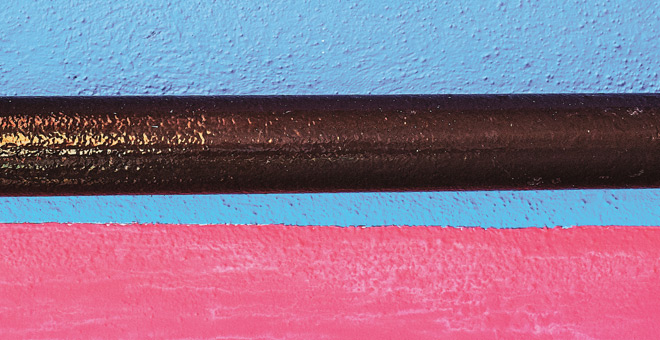

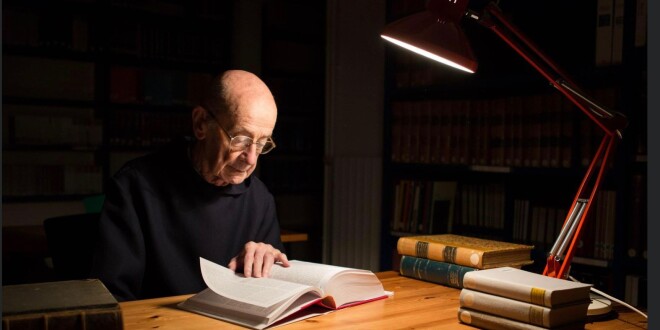
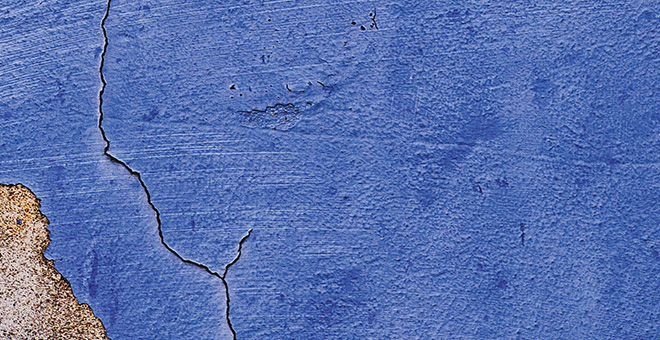
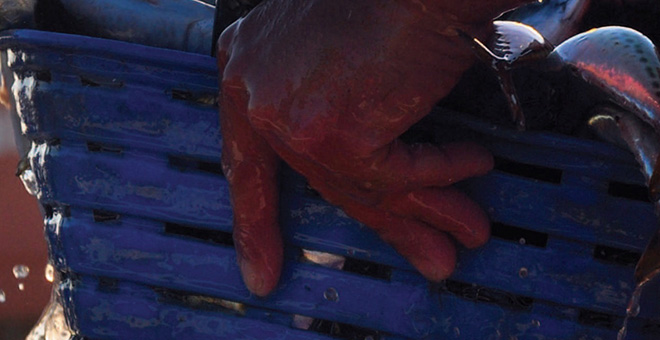
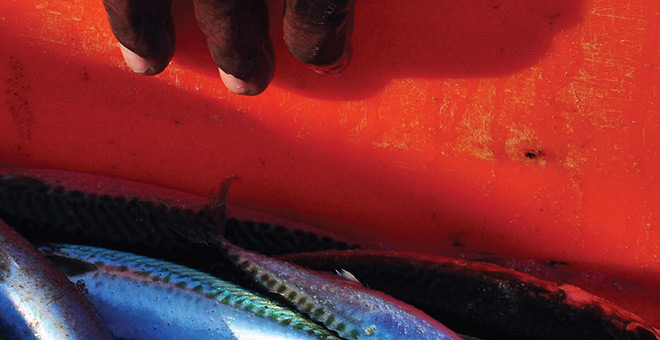
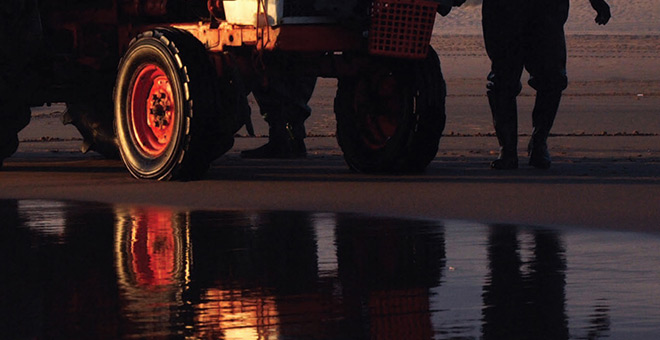
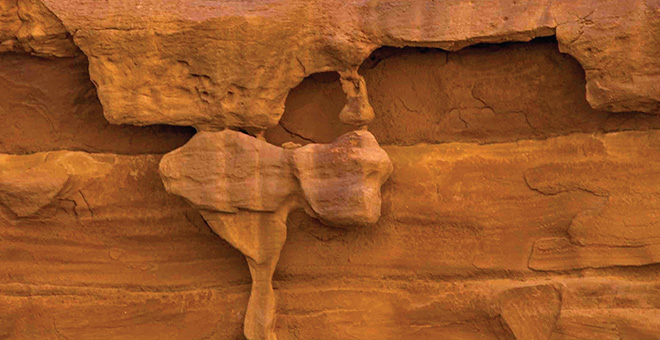
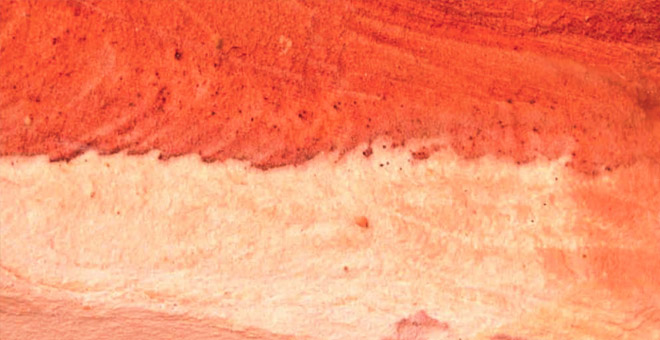
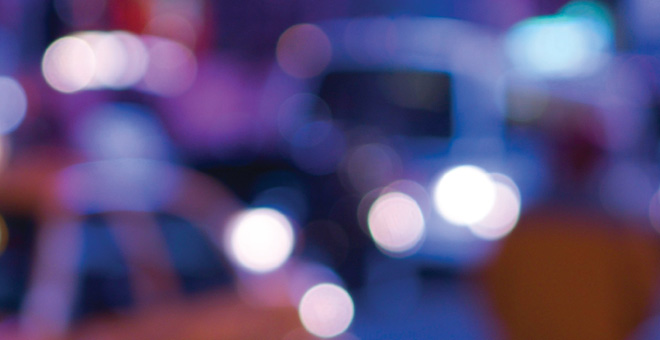
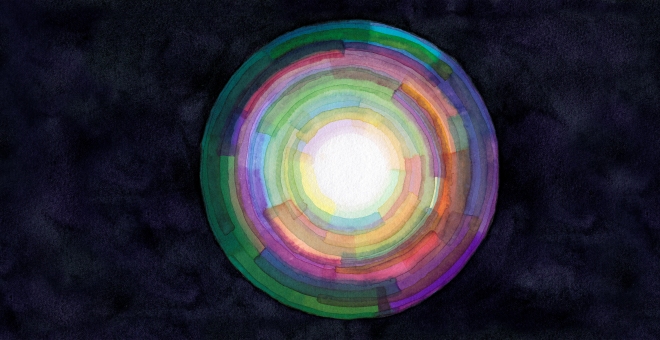
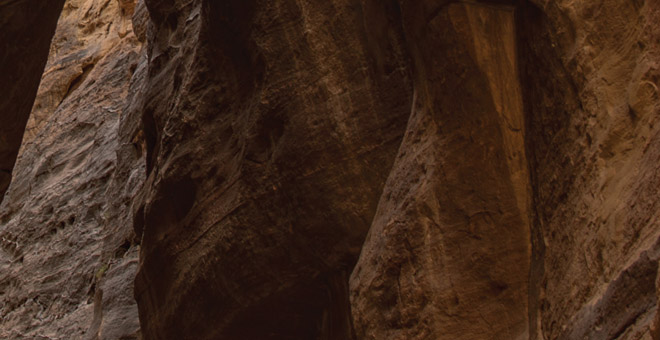
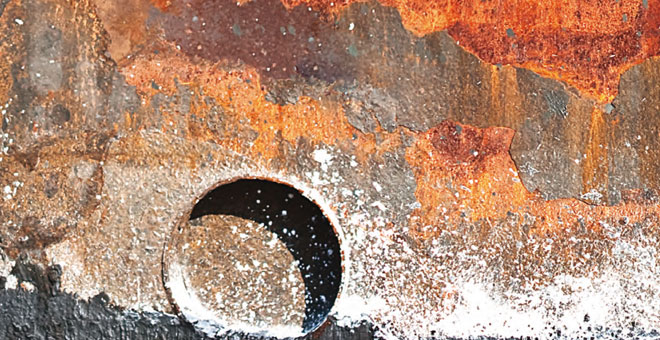
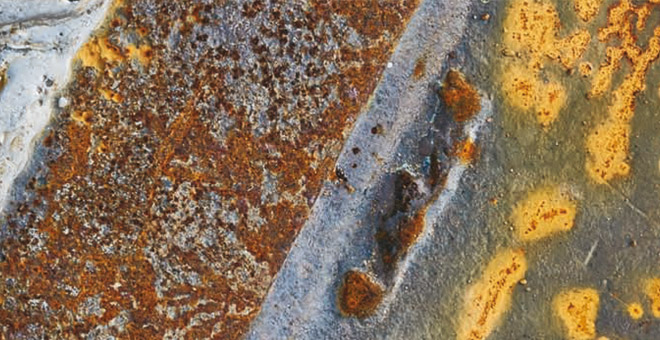
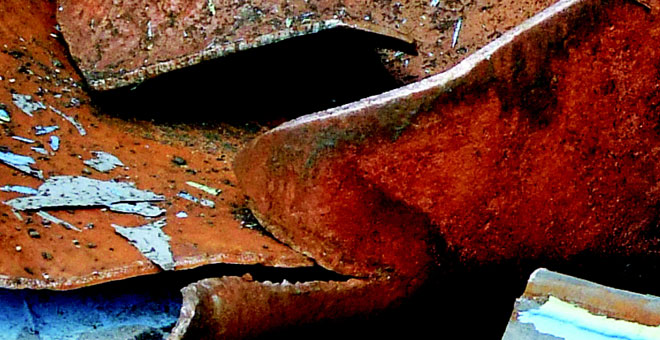
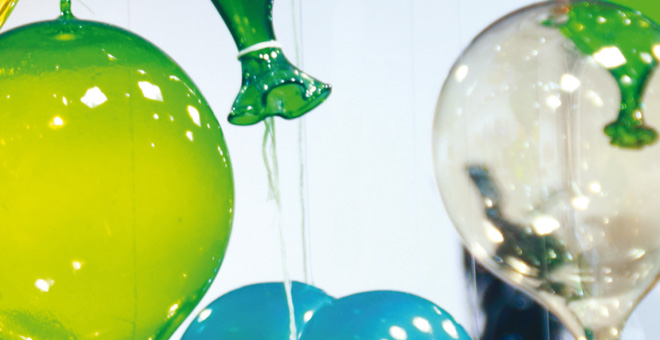
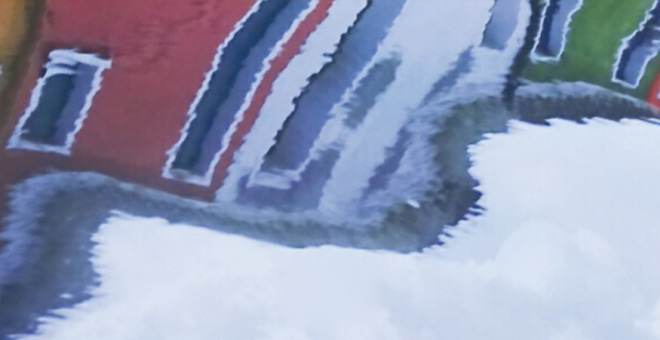
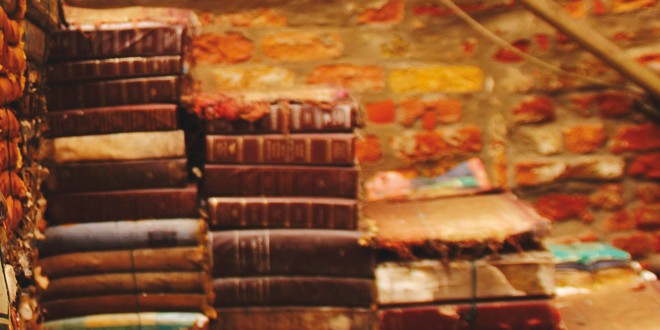
 Pdf download
Pdf download Area personale
Area personale



